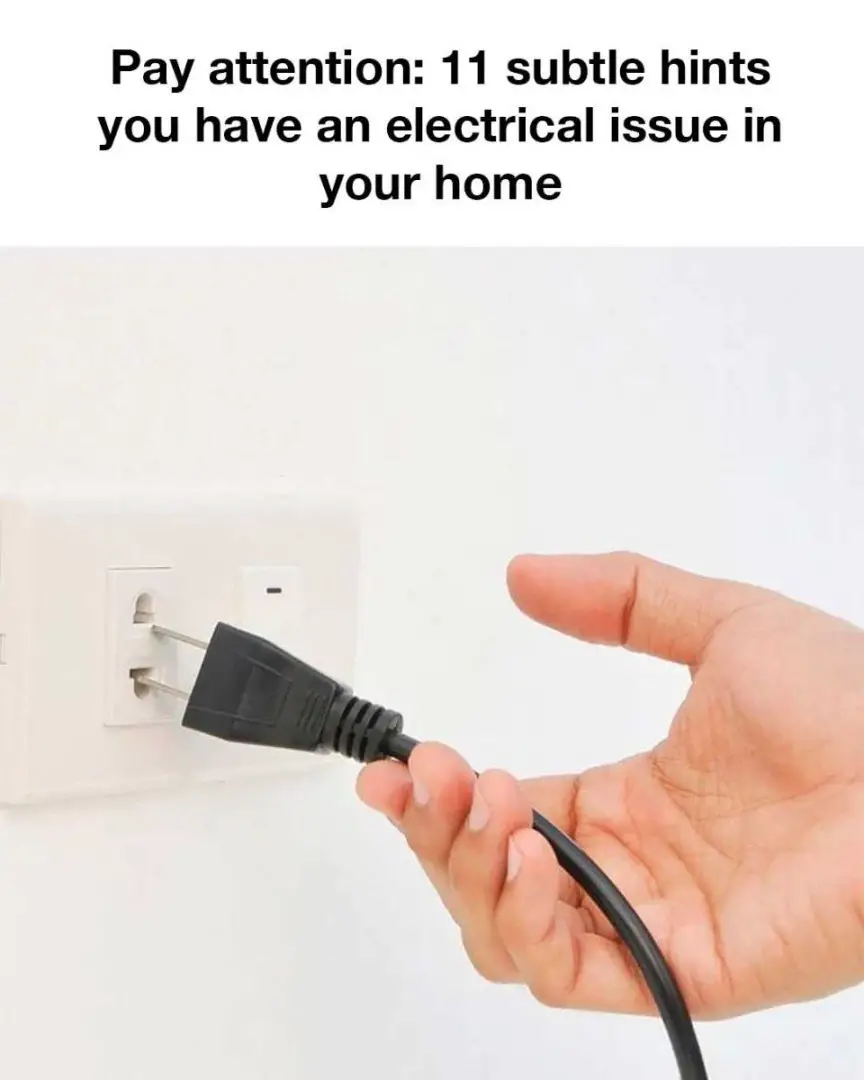
Most people go about their daily routines without realizing that some common habits are quietly draining their wallet, damaging their home, or even impacting their health. These little things don’t always seem urgent — until they pile up or lead to bigger problems.
Whether it’s how you do laundry, where you store your food, or what you plug into the wall, there are certain everyday practices we’ve grown used to that could use a second look. In this article, we’ll walk through 10 smart things you should start paying attention to around your house — because ignoring them could cost you.
Let’s break them down one by one.
1. Leaving Appliances Plugged In 24/7
Even when they’re turned off, appliances like microwaves, coffee makers, toasters, and phone chargers still draw electricity — what’s known as phantom power.
“That constant energy drain adds up over time,” say energy experts.
Unplug devices you’re not using daily or consider using smart power strips that cut off current automatically.
2. Letting Dust Build Up on Vents and Filters
Your air conditioning and heating systems work harder when vents and filters are clogged with dust — and that means higher energy bills and reduced air quality.
Clean or replace filters every 1–2 months and vacuum air vents regularly. It’s a small task that makes a big difference in efficiency.
3. Overloading Power Strips
Most homes rely on power strips for convenience, but plugging in too many devices can pose a fire hazard.
“Just because there’s space doesn’t mean it’s safe,” warns a fire safety inspector.
Always check the wattage limits of your power strips and avoid daisy-chaining (plugging one power strip into another).
4. Storing Cleaning Products Incorrectly
Mixing the wrong chemicals — like bleach and ammonia — can create toxic fumes. But even just storing products too close together can be risky.
Store chemicals in their original containers, away from direct sunlight, and out of reach of children and pets. Label everything clearly.
5. Using the Wrong Cleaning Tools on Surfaces
That rough sponge might scrub away grime fast, but it could also scratch your glass stovetop or damage your wooden table.
Use the right tools for the right jobs: microfiber cloths for delicate surfaces, non-abrasive sponges for general cleaning, and specific cleaners where needed. Always read the manufacturer’s recommendations.
6. Ignoring Leaky Faucets and Toilets
That little drip-drip from the faucet might seem harmless, but even one leaking tap can waste up to 3,000 gallons of water per year.
“Fixing leaks can save both water and money — and prevent long-term water damage,” say plumbers.
Check under sinks, behind toilets, and around appliances for any signs of moisture or pooling.
7. Not Rotating Food in Your Pantry or Fridge
It’s easy to forget about cans and jars shoved to the back. But food waste is one of the top household expenses.
Practice FIFO — first in, first out. When you bring home groceries, move older items to the front so they get used first. Label containers with expiration dates if needed.
8. Using Too Much Detergent in the Washing Machine
More detergent doesn’t mean cleaner clothes. In fact, using too much can leave residue on clothes and build up in your washer.
Follow the recommended amount and use high-efficiency detergent in HE machines. Run a cleaning cycle with vinegar once a month to keep your washer fresh.
9. Neglecting Dryer Lint Traps and Vents
This one’s more dangerous than you think. Lint buildup in your dryer’s vent isn’t just inefficient — it’s a leading cause of house fires.
Clean the lint trap after every load, and inspect the exhaust duct monthly. Use a vacuum or lint brush to reach deep inside the vent hose.
10. Forgetting to Test Smoke and Carbon Monoxide Detectors
You probably installed detectors when you moved in — but when was the last time you tested them?
“Smoke alarms should be tested monthly and batteries changed at least once a year,” recommend safety guidelines.
It only takes a minute but could save your life in an emergency.
Bonus Tips: Other Things Worth Your Attention
- Check your water heater annually for sediment buildup.
- Don’t ignore musty smells — they could be signs of mold.
- Keep an eye on refrigerator seals to ensure cold air isn’t escaping.
- Make sure outlets and switches don’t feel hot — a sign of potential wiring issues.
Final Thoughts: Small Habits, Big Impact
The truth is, most of us develop routines that we never question — until something breaks, costs spike, or we notice something isn’t quite right.
By paying attention to these overlooked but important household habits, you can prevent future problems, save money on utilities, and create a safer home environment. And the best part? Most of these changes are simple and free.
So the next time you walk through your kitchen, open a cabinet, or plug in your phone charger — take a second to ask, “Could I be doing this smarter?”
Chances are, the answer is yes.



